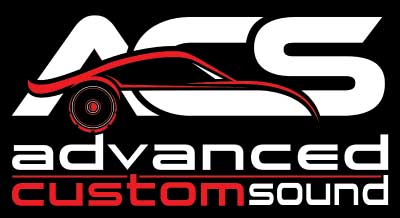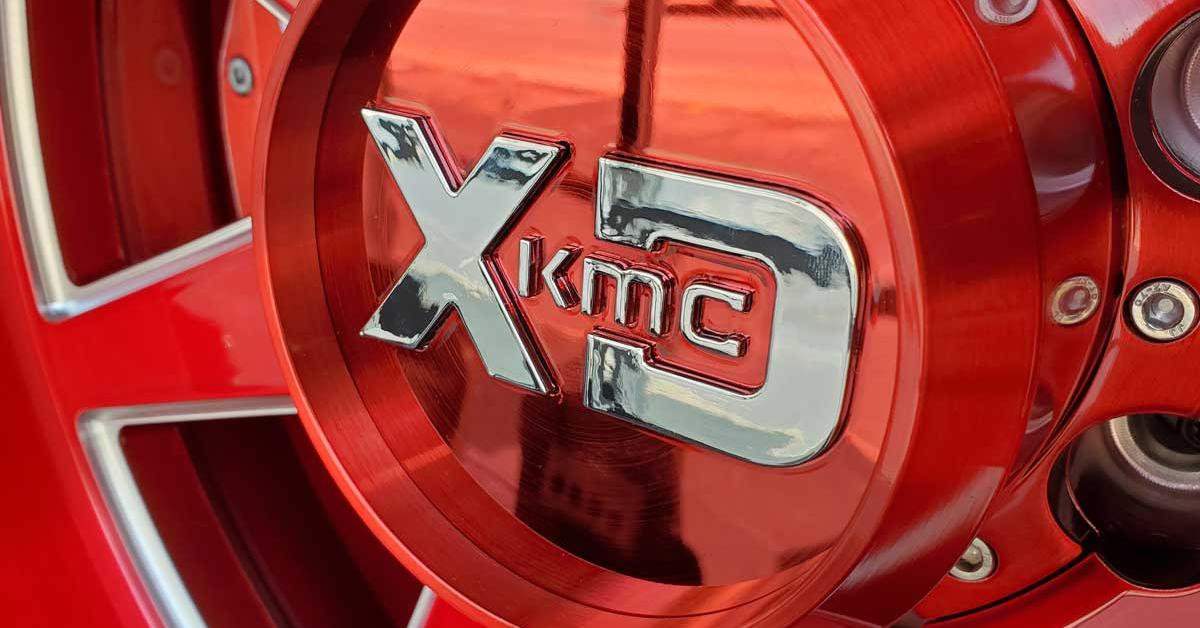Many aftermarket rims are unnecessarily heavy. When selecting a new set of wheels, one important thing to consider is whether to buy heavy or lightweight wheels. Generally speaking, wheel weight becomes a part of your vehicle's overall weight. Heavier cars will be more challenging to get up to speed, and they're more difficult to slow down when needed. You'll find the weight has an impact on your overall fuel consumption, too.
Larger and heavier rims will also cause the engine to work harder, which could hamper fuel economy and sluggish acceleration. Larger, heavier wheels could also harm other components of the vehicle, such as wheel bearings. Here at Advanced Custom Sound , we will help you understand and check the wheel weight when buying aftermarket rims . If you are planning to upgrade your aftermarket rims , better take a note of the wheel weight before and after upgrading it to know if there is any significant improvement after the upgrade.
The Effect On Performance
Wheel weight is an aftermarket rim's most significant attribute. Wheels can weigh almost as much as 15 pounds per wheel – a considerable amount of mass, especially for aftermarket rims that are much larger than the stock ones. Larger wheels generally have brighter colors and greater style appeal, but they can also be substantially heavier than others.
When a heavy wheel runs over a bump in the road, its entire mass is sent flying up towards the top of the wheel well. The inertia it carries as it travels is countered by the car's suspension, forcing the wheel back onto the road surface. The heavier the wheel, the higher it will jump off the road when faced with road imperfections.
On the other hand, a light wheel has less mass. Running over a bump with a light wheel means that your suspension has to counter much lower inertia forces, allowing it to force the wheel back to the road with less effort. More lightweight wheels are much quicker to reestablish grip.
If aftermarket rims are several times heavier than the original ones, the amount of energy necessary to change their position can be considerable. You may feel that after you've driven over a bump in the road with your heavy aftermarket rims, it feels like your car is bottoming out on your suspension. An unsmooth ride could mean that aftermarket rims interfere with the suspension, causing it not to work the way it was designed.
After bumps in the road have deflected a heavy aftermarket rim up and down, there will be less force holding you into your seat after the bump than there would have been without aftermarket rims.
The Effect On Gas Mileage
There are a lot of things that can affect the gas mileage of your car. At first glance, the wheels and tires of your vehicle may not seem like they would have an impact at all on your fuel economy. However, the tires and rims' size and upkeep play a role in how efficiently your car performs.
If you want to look at numbers, it's been estimated that aftermarket wheels and tires can reduce your fuel efficiency by three percent or more. So after installing larger aftermarket rims, you could see an increase in gas consumption of anywhere from 20 to 60 extra gallons per year. This rise in the gas you use will vary depending on your driving habits and the aftermarket rims you added. Keep in mind that the larger aftermarket rims will also cause more wear and tear on your tires.
A lot of people aren't aware that aftermarket rims can have such an impact on gas mileage. Many aftermarket rim companies will advertise that their products won't affect your fuel efficiency at all, but that's not the case when you consider real numbers. If aftermarket rims are installed, and after a while, you begin to notice more wear and tear on your vehicle and tires, aftermarket rims may be responsible for this.
Deciding on Heavy or Light Weight Rims
Changing up your wheels through the aftermarket is one of the most common vehicle modifications. When selecting a new set of wheels, one crucial thing to consider is whether to buy heavy or lightweight wheels. Appropriately done, aftermarket wheels can be beneficial. But all too often, these non-factory wheels end up being more trouble than they're worth. However, that's usually because people buy them for the wrong reasons.
That doesn't mean you can't change out your wheels and rims, only that it requires particular calculations to determine the best upgrade. Or, if you plan to do further modifications, an entirely different suspension setup. Advanced Custom Sound has a lot of experience in aftermarket rims, so you can get what works best for your needs. Feel free to call us at (330) 372-9900 or visit our website and we'll help you pick out the right aftermarket rims for your car! Take the time to talk to us at Advanced Custom Sound and decide what is best for you and your car.








